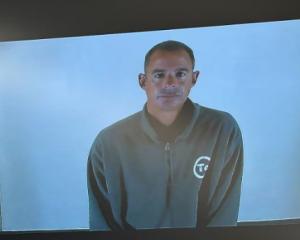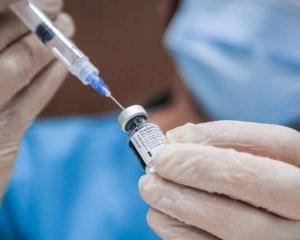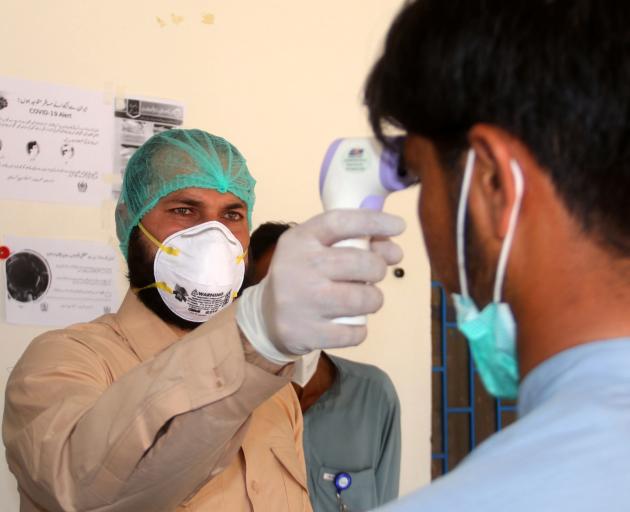
The virus can lead to pneumonia and is believed to have originated in a market selling wildlife in the central Chinese city of Wuhan late last year.
As of February 27, it has infected about 80,000 people and killed close to 2740 - the vast majority in China.
It has since spread to another 44 countries, where around 3500 cases and 54 deaths have been reported. Spreading infections in Iran, Italy and South Korea are of particular concern.
There have been no confirmed cases of Covid-19 in New Zealand to date. Evacuees from Wuhan and from the Diamond Princess cruise ship have undergone 14 days quarantine on arrival in New Zealand.
New Zealand bans foreign travellers arriving directly from mainland China, in an attempt to prevent an outbreak here.
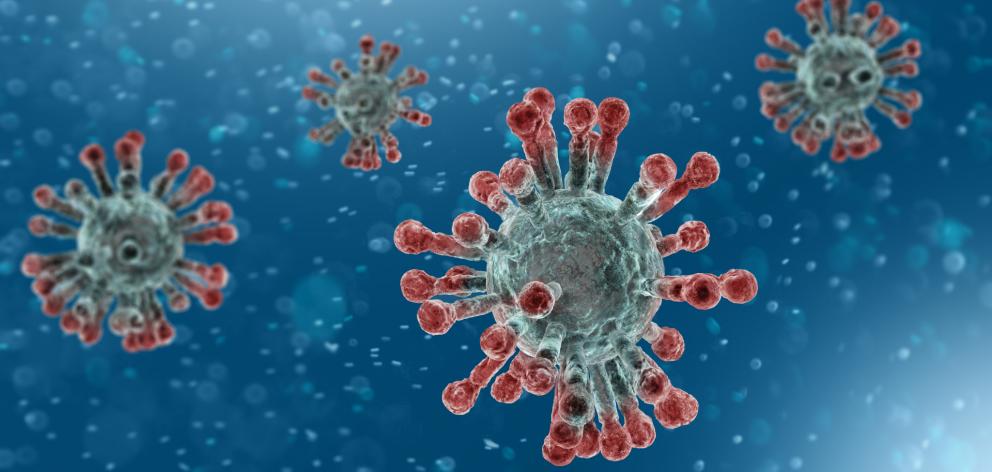
What is Covid-19?
The new flu-like disease is now called Covid-19 (sometimes referred to as novel coronavirus or 2019-nCoV).
Coronaviruses are a large family of viruses which cause illnesses like the common cold, severe acute respiratory syndrome (SARS) and Middle East respiratory syndrome (MERS).
What are the symptoms?
Many people with the virus have symptoms similar to the flu, and having the symptoms doesn't necessarily mean you have Covid-19. It's not certain how long symptoms take to appear after a person has been infected, but WHO assessments suggest it is 2-10 days.
Symptoms include:
• Fever
• Coughing
• Difficulty breathing - this is a sign of possible pneumonia and requires immediate medical attention.
How is coronavirus spread?
Coronavirus, like the flu, can spread from person to person, by droplets from someone who is infected.
Droplet-spread diseases can be spread by coughing and sneezing and close personal contact.
When an infected person coughs, sneezes or talks, they may generate droplets containing the virus. These droplets are too large to stay in the air for long, so they quickly settle on surrounding surfaces.
You can also catch the disease by contact with an object or surface with viral particles on it and then touching your mouth, nose or eyes, the ministry says.
WHO expert Dr Bruce Aylward said 10% of people who come in contact with an infected person contracts the virus.
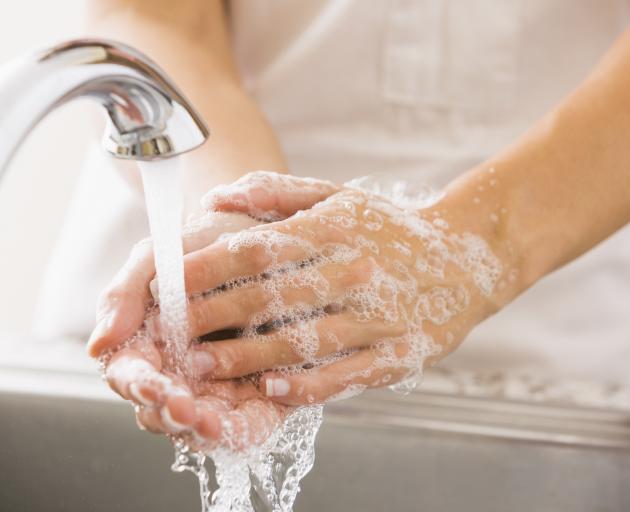
How to avoid catching and spreading it
Good hygiene, regularly washing and thoroughly drying your hands, and other simple steps can help stop the spread, New Zealand's Ministry of Health says.
These include avoiding close contact with people with cold- or flu-like illnesses and covering coughs and sneezes with disposable tissues or clothing.
Washing hands for at least 20 seconds with water and soap and drying them thoroughly, before eating or handling food, after using the toilet, after coughing, sneezing, blowing your nose or wiping children's noses or after caring for sick people can help prevent spreading the disease.
The Ministry of Health's public information campaign is focusing on handwashing as a simple way to protect yourself and your family.
What to do if you may have been exposed
If you have returned anywhere from mainland China or if you may have been exposed to Covid-19, authorities want you to isolate yourself for 14 days.
The Ministry of Health says if you have the symptoms and have recently been to mainland China or have been in close contact with someone confirmed with the illness, phone the dedicated free Healthline number 0800 358 5453 (+64 9 358 5453) from international SIMS) or your doctor immediately.
There is no specific treatment for coronavirus, but medical care can treat most of the symptoms.
This could involve prescribing antiviral medication used to treat influenza or antibiotics used to treat bacterial infections.
The annual influenza vaccine, usually available from April, does not protect against Covid-19. But health officials are encouraging people to get the vaccine this year, to help reduce stress on the health service if coronavirus cases started turning up at the same time as the winter flu season.
Virologists are sceptical about the effectiveness of surgical face masks in stopping viruses carried in airborne droplets, but there is some evidence to suggest they can help prevent hand-to-mouth transmissions.
New Zealand's Director-General of Health, Dr Ashley Bloomfield, says there is limited evidence of their effectiveness, but people should wear masks if they feel that that is protecting them or if they feel they may might have symptoms of any illness.
The Ministry of Health holds a stockpile of 9 million P2 face masks - respirators which are thicker than surgical masks and able to filter 95 percent of airborne particles.
Sources: New Zealand Ministry of Health / ABC / BBC / Reuters

